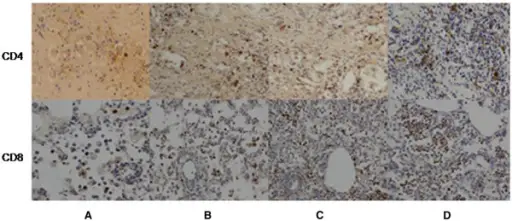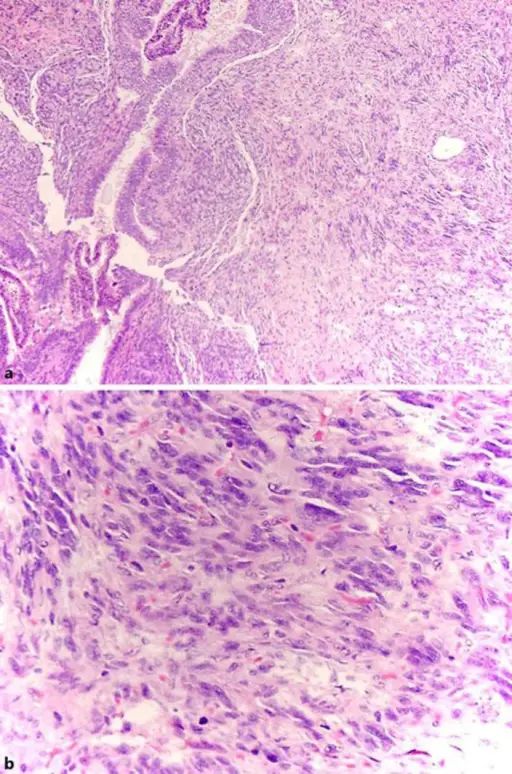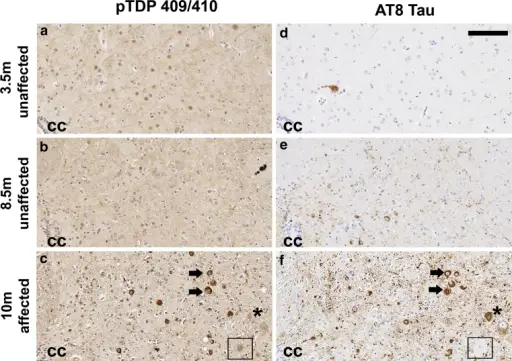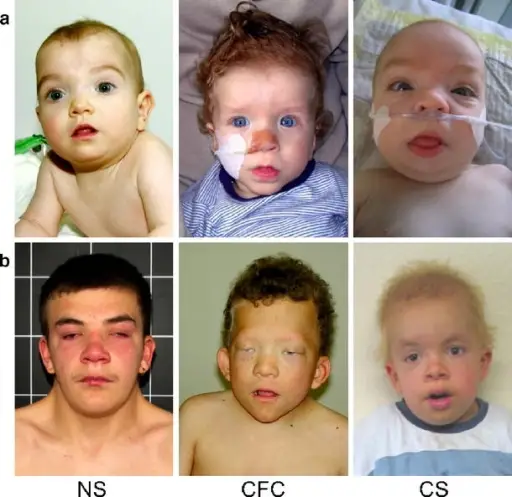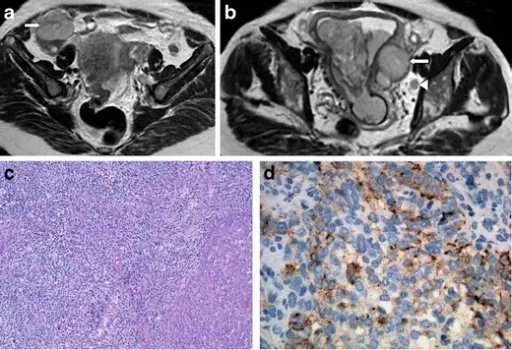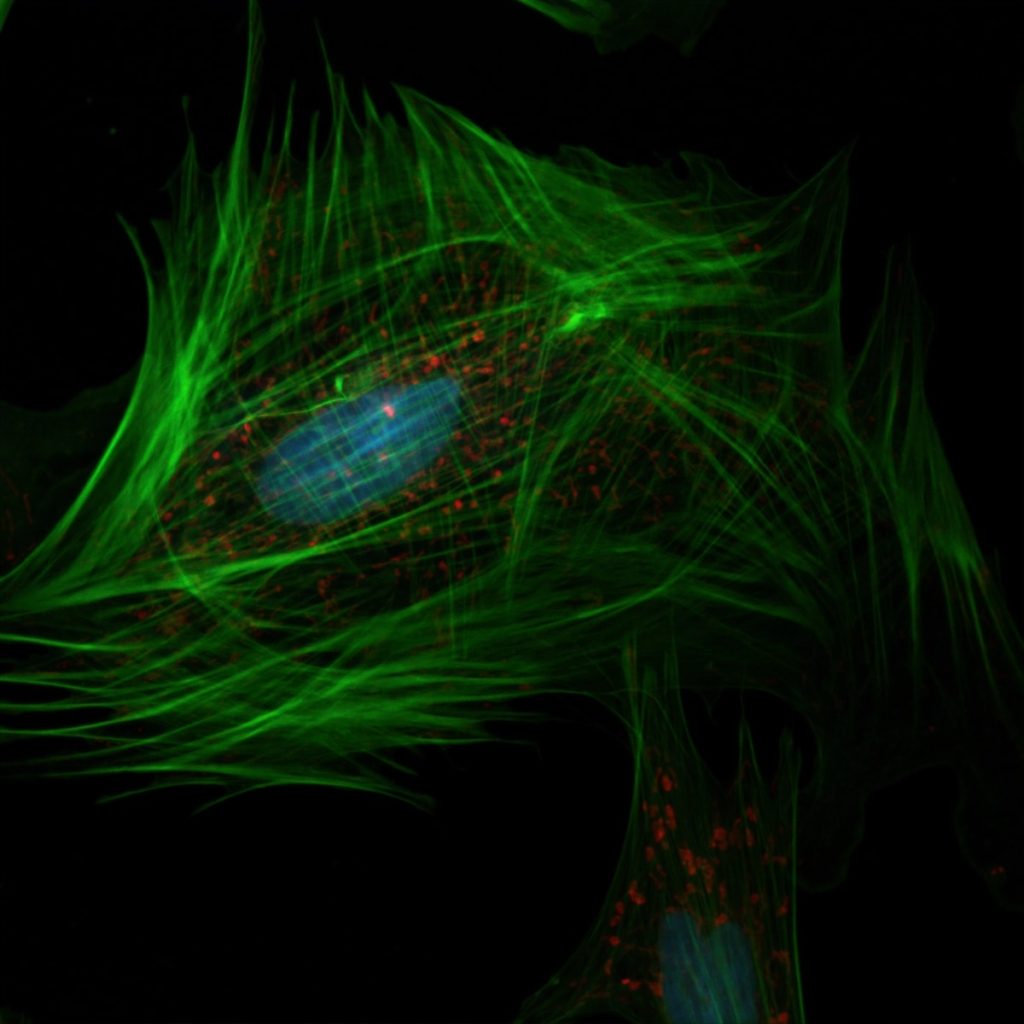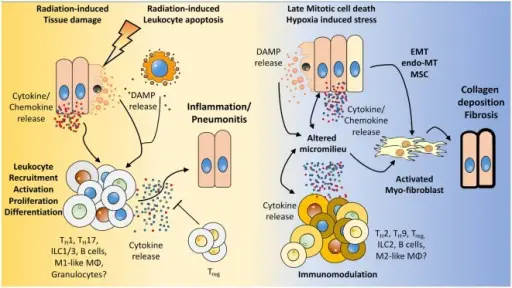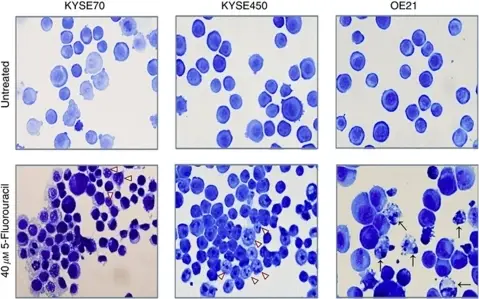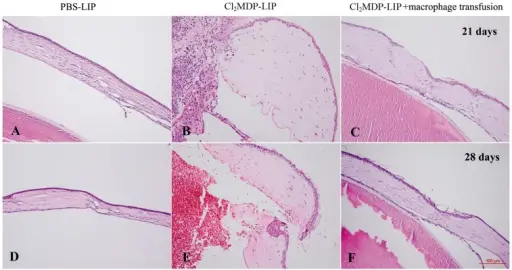WHAT ARE TRANSPLANT REJECTIONS?
Transplant rejection is a process in which the transplanted tissue or organ is rejected by the immune system in the recipient. What is the Mechanism of Allograft Rejection? The recipient’s immune system recognizes two types of antigens on the transplant:…

